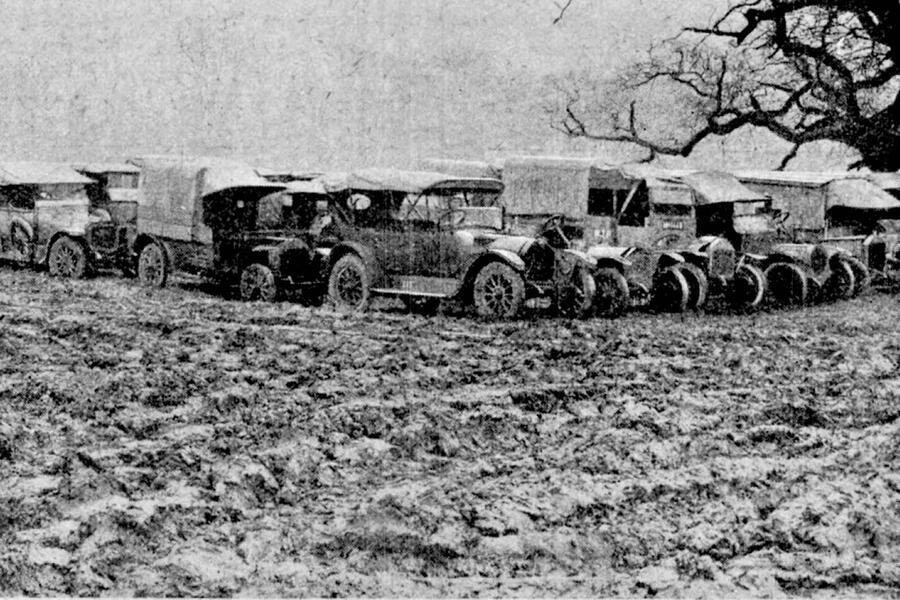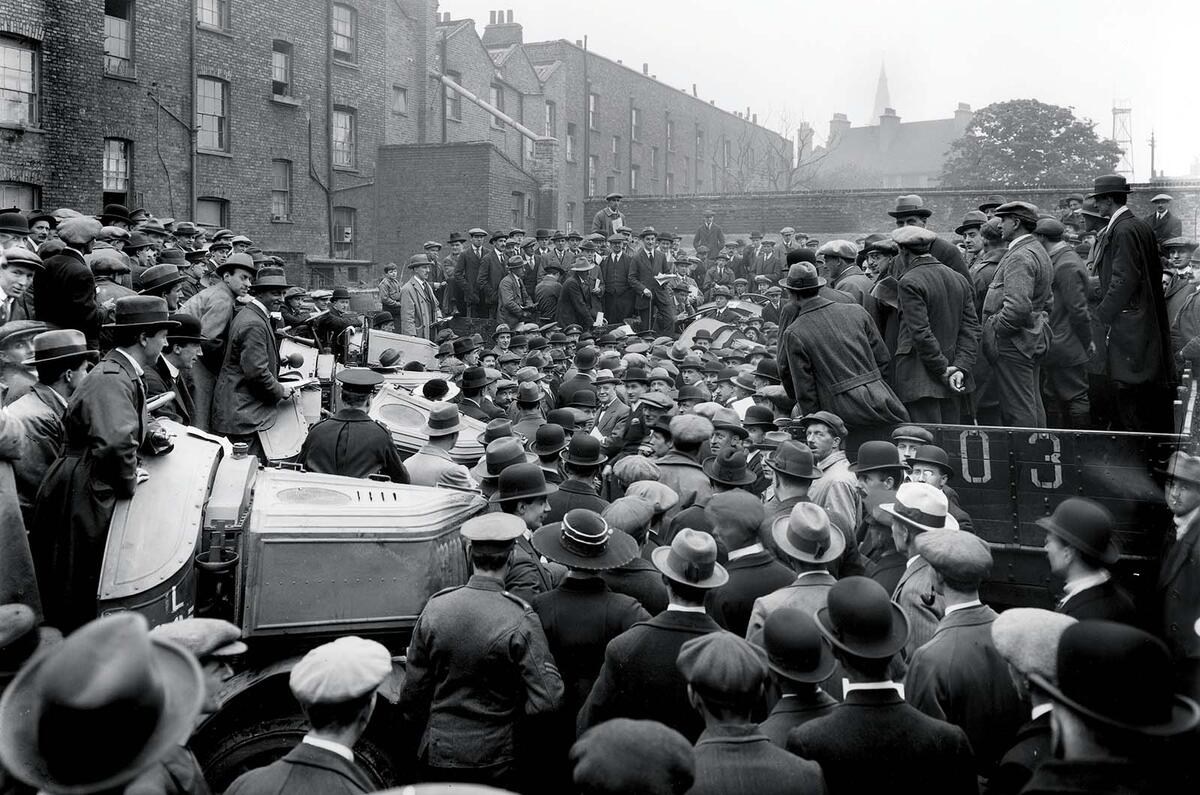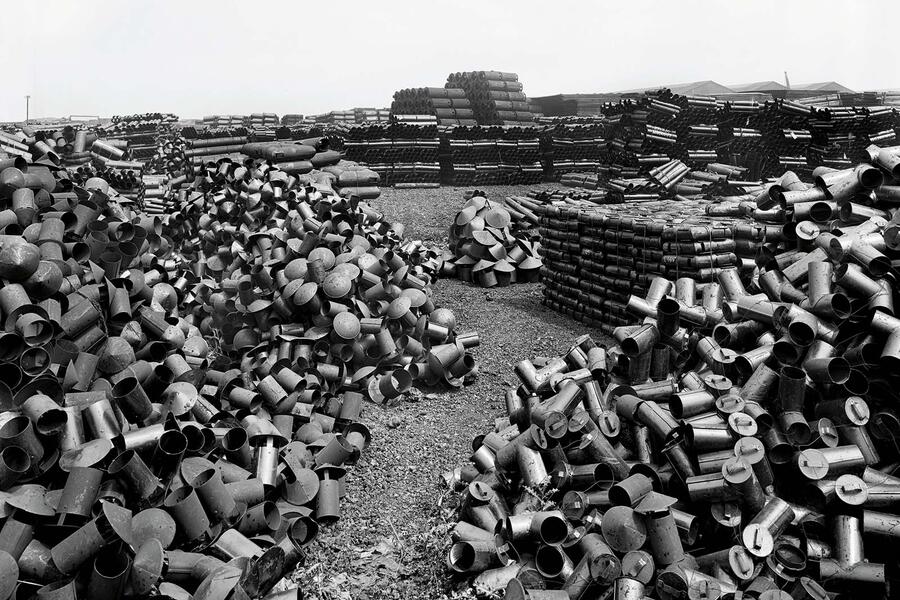“Those who have passed through the station at Sunbury [in Surrey] by train have obtained a glimpse of an immense area literally covered with cars, lorries and motor bicycles exposed to the weather,” we reported in January 1919. “The public naturally asks: why is the nation’s property neglected in this manner?”
The “lamentable waste of public money, owing to neglect due to lack of foresight and organisation” that they had seen at Kempton Park was one of Britain’s many newly redundant armed forces depots.
Around 7000 cars were awaiting their fates there, from the War Office’s total of about 12,000.
There was actually plenty of demand for them, but anyone interested first had to obtain a special permit, travel to Sunbury, “wade through mud and mire” to reach the mostly dilapidated and damaged cars – and then not even be allowed to test if they worked.
Enjoy full access to the complete Autocar archive at themagazineshop.com
The Motor Cycle magazine was likewise angered by the wastage, even though “the majority will require a great amount of work before they are fit for the road”, many of them having been run over, shelled or even buried for months in Flanders battlefields.

At the same time, we worried that a sudden flooding of the used market would seriously hamper the British car industry’s efforts to transition back from war work.
A re-elected coalition led by David Lloyd George had formed the Surplus Government Property Disposal Board under the Ministry of Munitions to recoup some of the huge costs of the war (which the UK didn’t pay off until 2015!), but clearly things hadn’t started well.





Join the debate
Add your comment
Not sure why this article appears under thye banner of "latest news".
Come on Autocar, keep up!
Only goes to show that even back then the current government couldn't manage the sale of war surplus, food, why just let it rot?, why not just distribute it to the needy?, I know there was a vast amount to sort out and the logistics must've been crazy, today wouldn't have been much better.